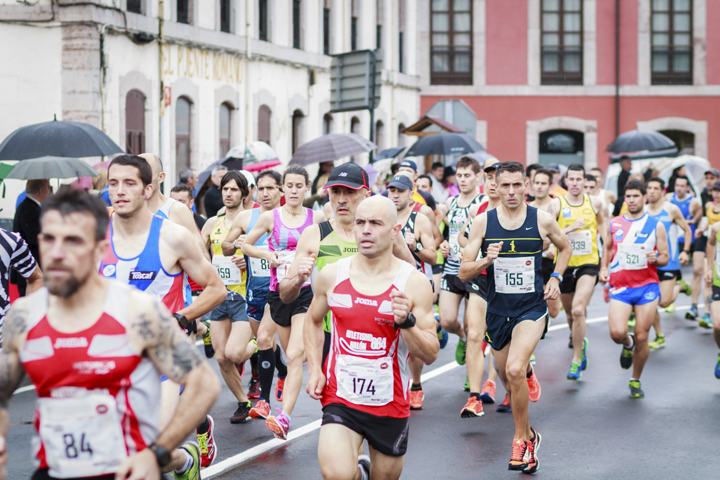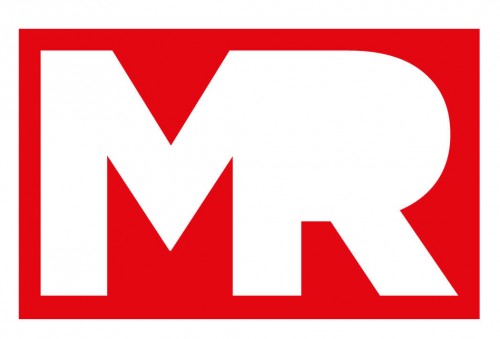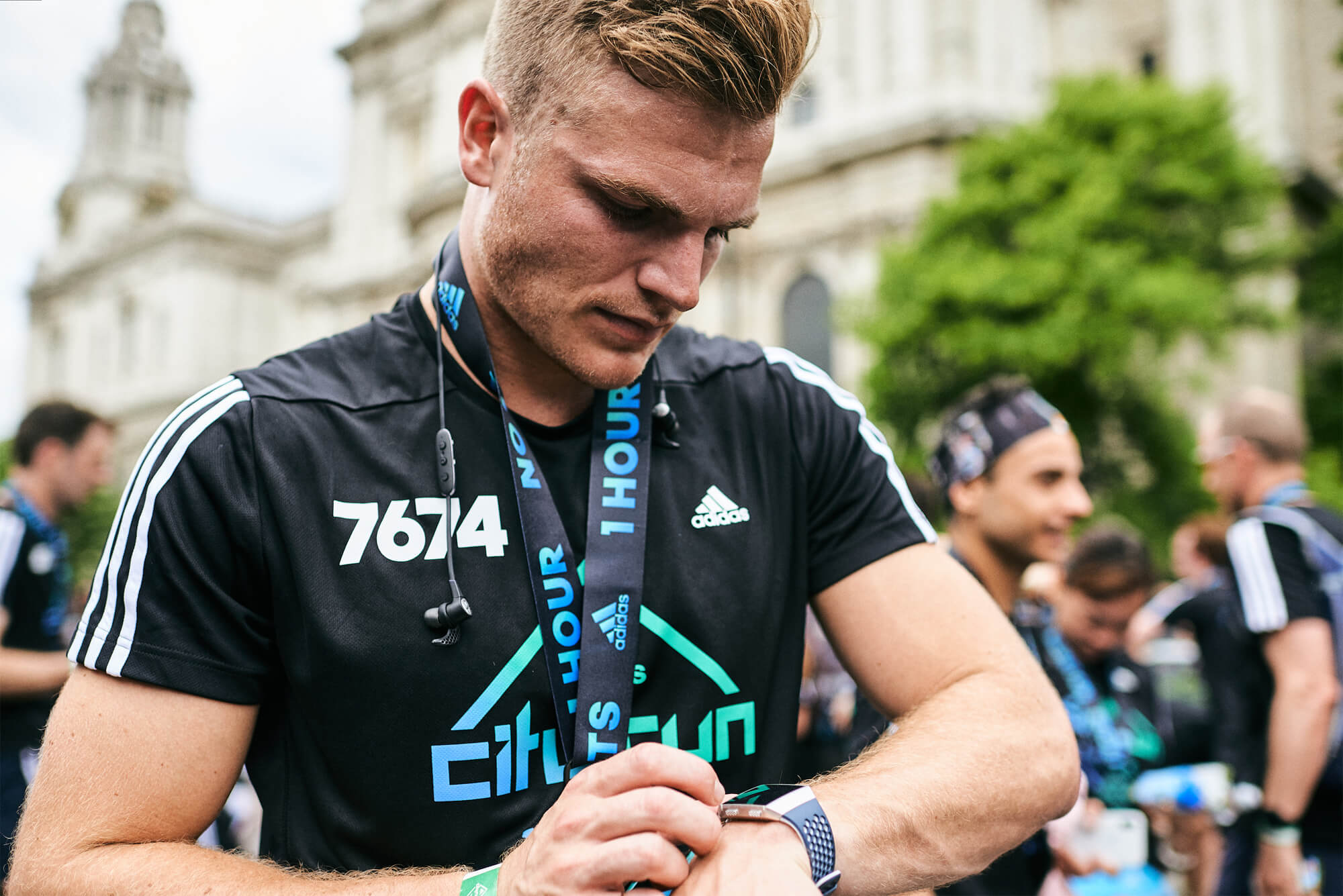
Nailing your nutrition is key to half marathon success
As well as an abundance of training in preparation for a half marathon, you need to ensure that you are fuelling your body with the correct nourishment in the weeks leading up to the race and that you know what to eat in the 24 hours before you reach that start line.
What to eat when training for a half marathon
A useful ratio to plan your diet around when prepping for any endurance event is a macro split of 50:30:20. This means 50% carbohydrates, 30% protein and 20% fat to allow for effective training and adequate energy levels. While this is a very general approach, it should be noted that the breakdown ratio will not be a one size fits all answer, and runners will need tailor their approach to their nutritional intake in order to work out what best fits their training schedule and fitness levels.
One way to monitor how different levels of carbohydrates, proteins and fats could be effecting your training is to download a nutritional or fitness monitoring app to your smartphone or computer in order to measure how different weeks have compared to each other in terms of the difference to your diet and the macros/calories consumed. My Fitness Pal is the best and the most well-known for offering this, but there are loads on the market that are free to download and really simple to use.
When devising quick and easy recipes to consume during your training weeks and months, it’s crucial that your body has plenty of whole foods to allow for long periods of running. Starchy vegetables such as sweet potatoes, butternut squash and cassava will help to make up your carbohydrate intake. It may also be useful to invest in some supplements that provide carbohydrates and electrolytes that can be used during endurance training to help sustain your energy levels evenly.
If you find your body suffering as a result of the increased amount of training you are putting it through, it is also a good idea to take some supplements to aid recovery after training, such as carbohydrate powders, protein powders and amino acids. Having said that, it is vital that these are only used as an accompanying aid, as they should not form the bulk of your diet whilst preparing for a half marathon.
What to eat the week before a half marathon
As you edge ever-closer to the half marathon, it will no doubt be extremely tempting to cram in as many runs and practices as possible in a bid to ensure your body is in peak condition for the big day.
DON’T DO IT.
Any fitness or nutrition expert worth their salt will advise runners to taper off the intense training in the days before the race, and give their bodies the time to replenish glycogen stores.
What to eat on the day of a half marathon
On the day of the half marathon, your nutritional intake is just as crucial as it’s been during the preparation for the event. Around one and a half to two hours prior to running the race it is advisable for you to eat a pre-run meal, ideally rich in protein and carbohydrate but relatively low in fats.
When planning this meal, you should ideally aim for the carbohydrates you consume to have an equal split between simple and complex. A good example for a balanced pre-marathon meal would be a large bowl of porridge with some whey protein, low fat yogurt, honey and some mixed berries.
What to eat during a half marathon
There is no need to rely on water alone whilst partaking in your 13-mile run. You can supplement with carbohydrate and electrolyte based drinks should you begin to flag at any point. The recommended intake of carbohydrates to consume is typically between 1 and 1.3g of carbs per kilogram of bodyweight per hour of exercise for endurance events like a half marathon.
It is by no means essential to take these drinks during a half marathon, but they are without a doubt handy to keep in mind should you plan to take on a bigger challenge, such as a triathlon or a full marathon, further down the line.
What to eat after a half marathon
When it comes to your post-race recovery, immediately after completing the run it’s advisable to drink a recovery shake consisting of a fast-releasing carbohydrate, a fast releasing protein and some extra glutamine in order to aid muscle repair and glycogen replenishment. The ratio of your carbohydrates:protein should be around 2:1, and you should consider something like maltodextrin or waxy maize starch for the carb element, with whey protein isolate for your protein.
Finally, ENJOY A WELL-DESERVED TREAT MEAL!
You have just completed an epic 13-mile run and so you’ve definitely earned a meal of whatever takes your fancy several hours after your race has completed!
WELL DONE.
By Oliver Cookson, CEO and Founder of sports nutrition brand GoNutrition.com






